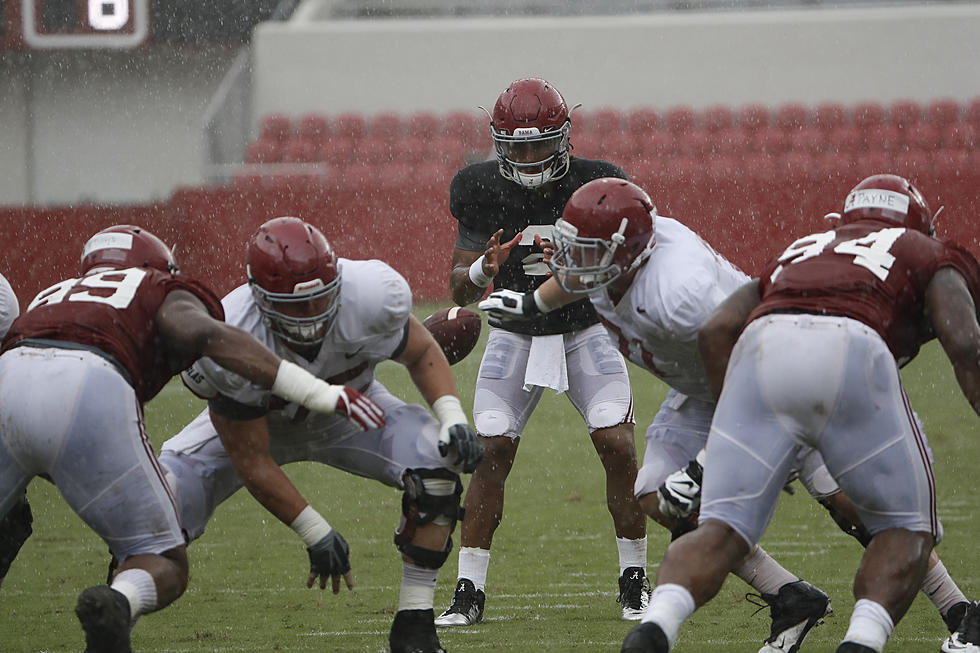The rumble of autumn rugby tests typically heralds a season of thrilling international clashes. Yet, for Tonga`s national rugby team, the “Ikale Tahi,” the upcoming European tour appears to be a match against an opponent far more formidable than any rival scrum: the perennial financial deficit.

A Familiar Tune of Fiscal Distress
Reports from international media indicate that the Tonga Rugby Union (TRU) has communicated its inability to send the Ikale Tahi to Europe this November. The reason, a narrative as old as the oval ball itself in Pacific rugby circles, is a severe lack of funding. Planned fixtures against both Spain and Scotland, which promised vital international exposure and a chance for the team to test its mettle against Northern Hemisphere opposition, now hang precariously in the balance, likely to be cancelled.
While an official confirmation from the TRU remains pending, the scenario carries a disheartening familiarity. This isn`t an isolated incident; it`s a grim recurring theme for the highly talented, yet perpetually under-resourced, Pacific Island rugby nations. Just this past summer, the Samoan national team faced a similar predicament, cancelling their July tests due to insufficient funds. One might be forgiven for thinking that merely securing passage to the playing field has become a greater challenge than the game itself for these teams.
Beyond the Field: The Impact on Players and the Game
The implications of such cancellations extend far beyond simply missing a few matches. For the individual players, many of whom ply their trade in professional leagues abroad, representing their homeland is a matter of profound pride and a crucial pathway for development and recognition. Each missed international test is a lost opportunity for game time, for showcasing their skills on a global stage, and for attracting further professional prospects. For some, it even impacts their ability to contribute financially to their families back home, where rugby heroes are revered.
From a broader perspective, these financial constraints undermine the competitive balance and global reach of rugby. The Pacific Islands, despite their small population sizes, are a wellspring of prodigious talent, contributing significantly to professional leagues worldwide. When their national teams cannot afford to participate in international competitions, the sport itself suffers. It creates a stark disparity where nations rich in talent are poor in opportunity, hindering the truly global growth of rugby union.
The Unsung Battle: Funding and Fairness
The core issue remains structural financial inequality. Small island nations like Tonga often lack the commercial infrastructure and large fan bases of their wealthier counterparts, making it challenging to generate the substantial revenues required to fund international campaigns. Travel costs, accommodation, player insurance, and logistical support for a touring squad amount to considerable sums, often beyond the means of their national unions.
This situation inevitably raises questions about the allocation of resources within global rugby. While World Rugby has initiatives aimed at supporting emerging nations, the persistence of these financial crises suggests that current models may not be sufficient or equitably distributed. The continued struggle for basic participation casts a shadow over the sport`s aspirations for genuine global development and inclusivity.
A Call for Sustainable Solutions
As the potential cancellation of Tonga`s autumn tests looms, it serves as a potent reminder that the strength of global rugby is intrinsically linked to the well-being of all its members. The passion and raw talent of the Ikale Tahi and their Pacific Island brethren are undeniable; what they often lack is a stable financial foundation to consistently compete at the highest level.
Addressing this requires more than stop-gap measures. It demands a systemic re-evaluation of revenue sharing, direct funding models, and strategic partnerships that ensure these vital rugby nations can not only participate but thrive. Only then can the Ikale Tahi, and teams like them, continue to enrich the sport with their unique brand of powerful and exciting rugby, without having to fight a battle off the field before they even step onto it.

